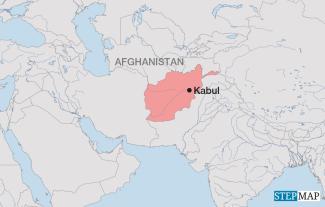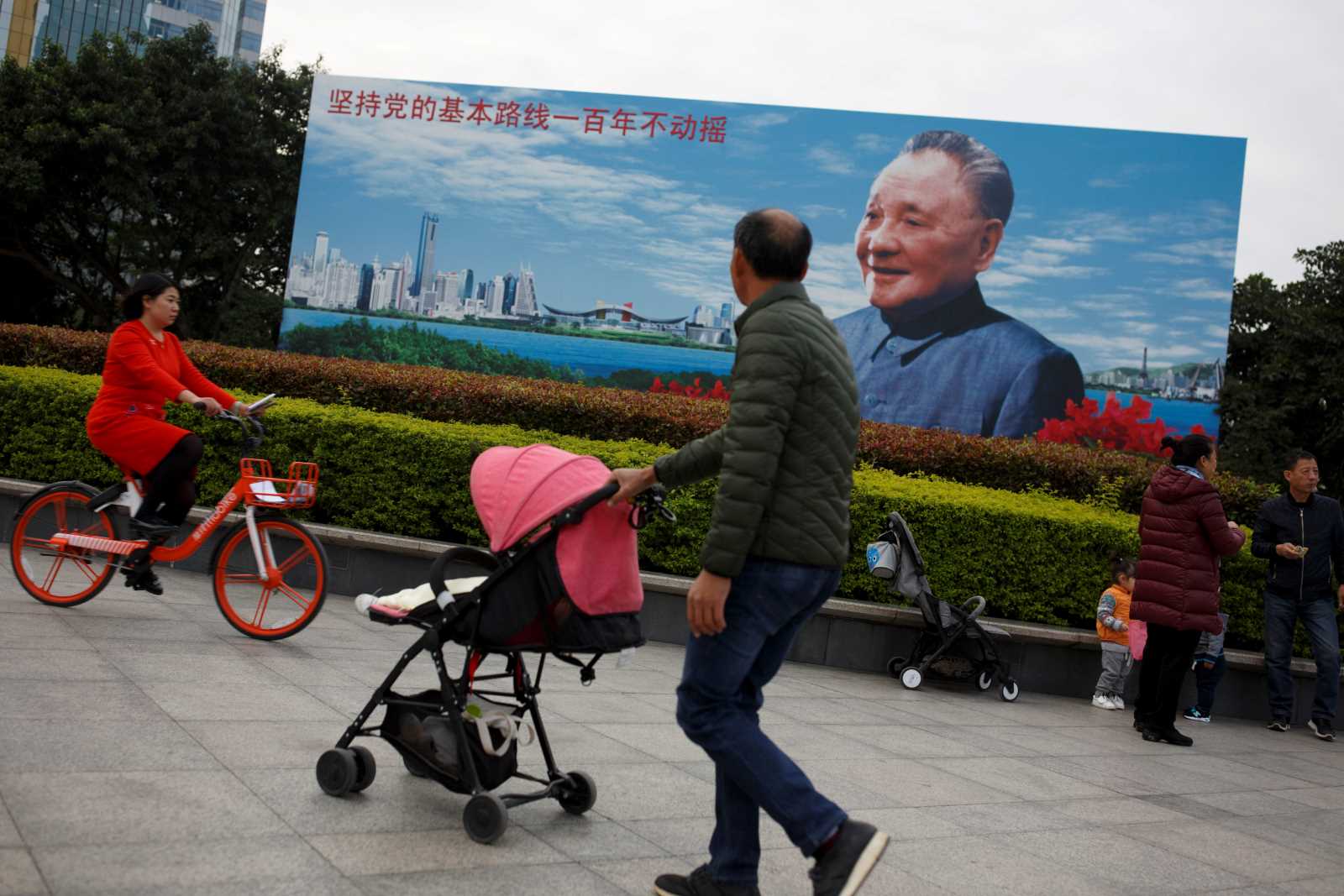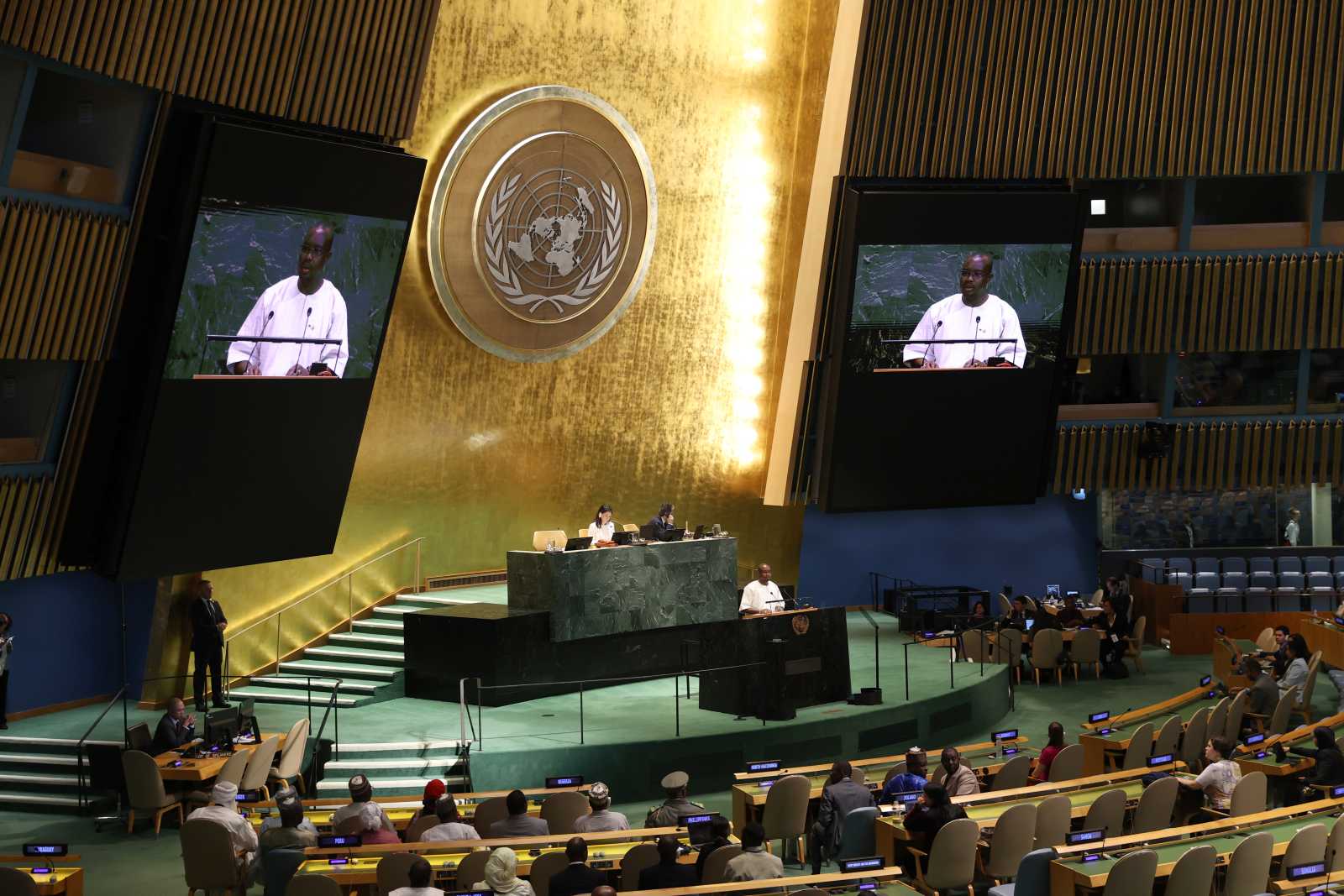International assistance
What went wrong in Afghanistan

During 20 years of US-led intervention, Dercon argues, Afghanistan’s economy was never on a sustainable path. It depended entirely on foreign funding:
- In 2018, for example, the US alone spent at least $ 45 billion to Afghanistan, most of it on military and security objectives. The sum includes the costs of US military deployment and was twice the country’s gross national product.
- Direct US aid to Afghanistan, by contrast, only amounted to $ 5.4 billion in 2011, of which two thirds again served military and security purposes. Other donor countries that supported the US in Afghanistan similarly spent heavily on their respective troops as well as Afghanistan’s domestic security forces. Such spending actually declined after 2011 as the security situation became more difficult.
- Afghanistan never had a fully functional state. Accordingly, international agencies had to build parallel structures to get anything done.
- The result was an economy that revolved around foreign funding. Enterprising Afghans started businesses that supported foreign troops and agencies. Providing security services and building facilities for international partners became an important growth sectors. When the US-led intervention ended in the summer of 2021, the entire system collapsed.
- The country’s only export industry was illegal. Nonetheless, the relevance of opium revenues paled in comparison to the impact of foreign funding on the economy. The bigger problem was the developmental failure of other sectors that did not depend on international funding.
The Oxford scholar acknowledges that some progress was made from 2001 to 2021, regarding women’s rights or primary education for example. Dercon also appreciates that military intervention was not unwarranted in view of Islamist terrorism.
He is adamant, however, that donor action neither succeeded in winning hearts and minds in those areas where violent conflict continued, nor relied on authentic Afghan ownership of the programmes implemented. In Dercon’s eyes, the country is ethnically divided and never developed a sense of nationhood that would equally include all ethnic communities. An important implication is that it does not have a kind of elite compromise that he calls a “development bargain”. Without such a bargain, however, no country should be expected to make substantial progress.
Hans Dembowski is the editor-in-chief of D+C/E+Z.
euz.editor@dandc.eu














